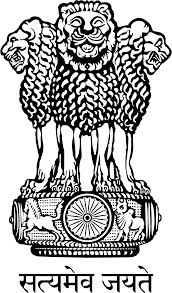Prevention and control of JE
BackPrevention and control measures for Japanese Encephalitis (JE) involve a combination of strategies targeting both the vector, pig and the human population. Here are some key approaches:
- Vaccination:As per Govt. of India guidelines, 2 doses of JE vaccine have been approved in UIP to be given one along with measles at the age of 9 months and the second dose with DPT booster at the age of 16-24 months w.e.f. April, 2013. JE vaccination in routine immunization has been included in 334 districts out of 355 districts which are considered as endemic districts. The adult JE vaccination was started in 42 districts of three states where JE incidence is occurring among the adult population, namely Assam (9 districts), Uttar Pradesh (7 districts) and West Bengal (26 districts). JENVAC JE vaccine is used for adult population (15+) in India.
- Vector Control: Mosquito control: Targeting mosquito population is an important aspect of JE prevention. Measures include larval source reduction through the elimination or treatment of mosquito breeding sites e.g. stagnant water sources of rice fields, irrigation canals, puddles etc. This can be achieved through environmental management, proper water storage practices, and the use of larvicides.
- Indoor Residual Spray:The application of insecticides to indoor surfaces, particularly in areas with high mosquito densities, can help to reduce the number of infected mosquitoes and minimize human-mosquito contact.
- Personal Protective Measures:Avoiding mosquito bites: Individuals should take precautions to minimize exposure to mosquitoes, particularly during peak biting times (dawn and dusk). This includes wearing long-sleeved clothes, using insect repellents on exposed skin, and staying in well-screened or air-conditioned accommodation.
- Use of mosquito nets:Sleeping under mosquito nets, especially in areas without access to insecticide-treated bed nets, provides an additional layer of protection against mosquito bites.
- Health Education and Awareness Campaign:Public health education campaign play a vital role in raising awareness about JE, its transmission, and preventive measures. Promoting community participation and providing information on personal protection measures, vaccination and vector control can empower community to take necessary precaution.
Note: Piggeries may be kept away (4-5 kms) from human dwellings.


























